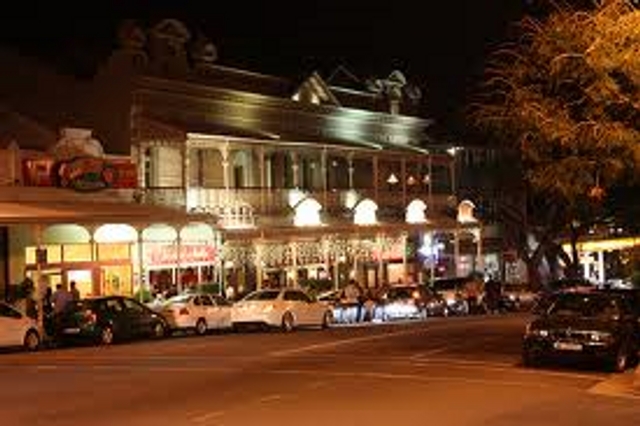Durban's Florida Road to be SA's first 'wi-fi high street'
Durban's Florida Road to be SA's first 'wi-fi high street'
Durban's Florida Road has another reason to celebrate being one of the city's hippest spots.
It's become the first 'wi-fi high street' in South Africa... for the next month-and-a-half anyone will be able to make use of the fast, uncapped wi-fi for free.
This is part of an ongoing project run by MWeb to drive uncapped wi-fi in public spaces.
General manager for MWeb wifi, Nathier Kasu, said each outlet in Florida Road was fitted with fibreoptic cables and their wi-fi hot spots were done away with.
Wi-fi hot spots differ to zones because they tend to be single access points, with limited capacity and scalability as new users join the network, and with a poorer overall performance, Kasu said.
However, a wi-fi zone features multiple access points, meshed together in a single indoor or outdoor environment.
They have 'more resilient infrastructure and powerful back haul, with the result being consistent, fast internet access,' he said.
The average speed of the internet is 10Mbps (Megabits per second) and Kasu said congestion would not be a problem because of the infrastructure in place.
'We are excited to see the expansion of wi-fi across Durban,' said Durban Tourism's head Phillip Sithole. 'This will further boost the Florida Road area as a meeting venue.'
In a month-and-a-half, the pay walls will go up.
'However, everyone will still have half an hour free wi-fi per day. After that, they will be charged around R10 an hour or, alternatively, R59 a month,' said Kasu.
For MWeb customers who already have uncapped ADSL at home, there will be no extra charge.
Once you have registered in the Florida Road 'zone' you never have to register again, and provided that your device has its wi-fi turned on, it will automatically connect whenever you enter a MWeb wi-fi zone.
Similar, smaller wi-fi zones have already been, or are in the process of being, set-up across the country and province, in hospitals, airports and shopping centres, among others.
There were two reasons driving the fast uncapped wi-fi projects, according to Kasu.
The first, was that everyone should have access to the internet, and the second, was that more and more people were consuming media-rich products like YouTube videos and online TV.
They needed rapid internet access to do that.
Author The Mercury

